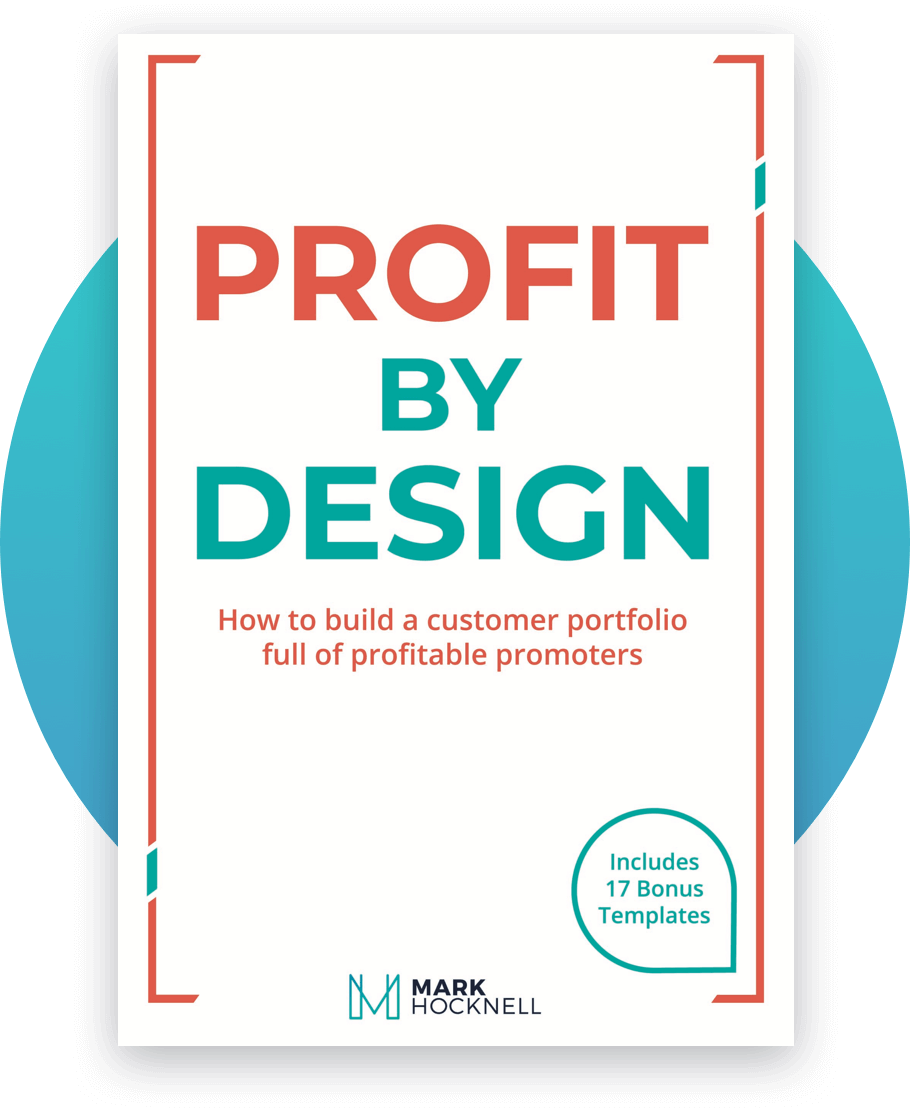Your why of performance measurement has a massive impact on the development of your culture.
Start With Why
In Simon Sinek’s Golden Circle from his TED talk and book Start With Why, he claims that most organisations know what they do, they sell products or services to people. Some know how they do what they do, but very few know why they do it.
Sinek says, the why is a cause, a belief, the reason the organisation exists.
The why organisations do anything has a massive influence on the culture of the workplace.
Why do you measure..?
It is the same with your purpose for measuring performance. It has a massive influence on your workplace culture and employee engagement.
Consider these questions:
- Why do you use KPIs..?
- Do you measure/assess the performance of people, why..?
- Do you monitor how the organisation is performing..?
- Can you answer why you use performance reports..? Are the report monitoring organisational performance or documents that are full of data..?
Why do you use KPIs
KPIs are performance measures with targets added to them. Such as Delivery Cycle Time (the name of the measure), and the description of this measure is, the average time in days from customer order to customer receipt of goods, calculated monthly for completed deliveries. Turning tis measure into a KPI means we add a target, like 12days – which is the mean of the measure over time.
We add targets to measures to do two things, either (1) pay attention to something we want to improve, or (2) monitor a standard of performance. Therefore not all measures need targets, not all performance measures are KPIs.
Yet, so many organisations have KPIs on all their measures. Why do we do this..? Is our purpose for doing this to give us a sense of control..? So are you using KPIs to control the people in your organisation..? If so consider how this might feel. Trying to control people is normally met with either active or passive resistance.
Do you measure/assess the performance of people, why..?
The organisations that once introduced us to conducting yearly or half-yearly performance reviews are now moving away from this practice. We have all realised the reviews have become a box ticking exercise. This does not motivate people, it disengages them and demonstrates a waste of time, their time. As W. Edwards Deming discovered, most (up to 90%) of the problems with higher levels of performance are in the processes, not the people. So why do we conduct these annual reviews on an arbitrary set of KPIs..? What is the purpose for why you do this..?
Do you monitor how the organisation is performing..?
Organisations that use KPIs to justify that all is going well are kidding themselves, and everyone within knows it. The leaders demonstrate that it is okay to manipulate the measures or the KPIs because they want their reports to be a “sea of green“. Anything that their traffics lights might indicate as red, surely must be amber… One person mentioned to me this week that their leaders were always wanting to live in Green Land. The knock-on effects are that people disengage from wanting to understand how the organisation is performing. They learn that all targets and KPIs must be achieved. Therefore, they low-ball targets and manipulate the processes and systems to get the required number. The purpose here is to get the number not improve.
Can you answer why you use performance reports..?
Are the report monitoring organisational performance or documents that are full of data..?
Organisations that use the reason for measurement as compliance, demonstrate that the only reason to collect data and information is for the purpose of keeping other people content with your efforts. This can be in through reporting to external agencies, or stakeholders that are demanding data (metrics or numbers, not necessarily measures) from you for a different purpose, often compliance.
This compliance purpose brings about a workplace culture where people do not really care about the data they collect and input. The purpose is to demonstrate compliance rather than improvement. Over time the people see less value in the work they do and especially in the effort they put into collecting information.
Ensure your WHY for measuring performance is about ‘learning how to improve’.
Organisations that set their purpose for measuring performance as learning, create a culture that uses measurement to understand what performance is doing, why it is doing that, and the people become curious how to improve. Setting your purpose or why you do performance measurement demonstrates to the people in your organisation what performance measures or KPIs are all about here. As leaders, matching your behaviours to your why then inspires people in the organisation to learn how to improve performance.
Successful start-ups use measurement to understand what works for their customers. They learn how to finetune and improve their developing viable products and services. Many of the start-ups that do not succeed often get caught up in using the available data as ‘vanity metrics’. The start-ups that succeed use measurement for learning. The why for performance measurement is crystal clear to them.
What is your purpose for measuring performance..? What influence is this having on your workplace culture..? How does this culture impact your organisations performance..?
You can learn more about Evidence-based Leadership and the PuMP approach to measurement and KPIs on this page.
You may also these other articles:
This is why we like inaccurate good news



